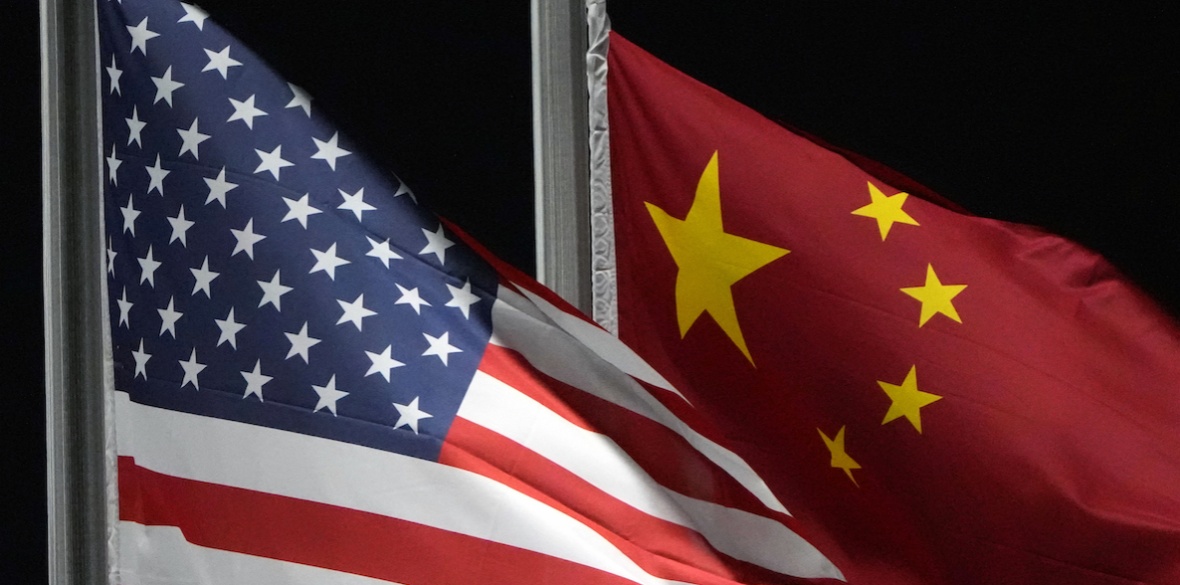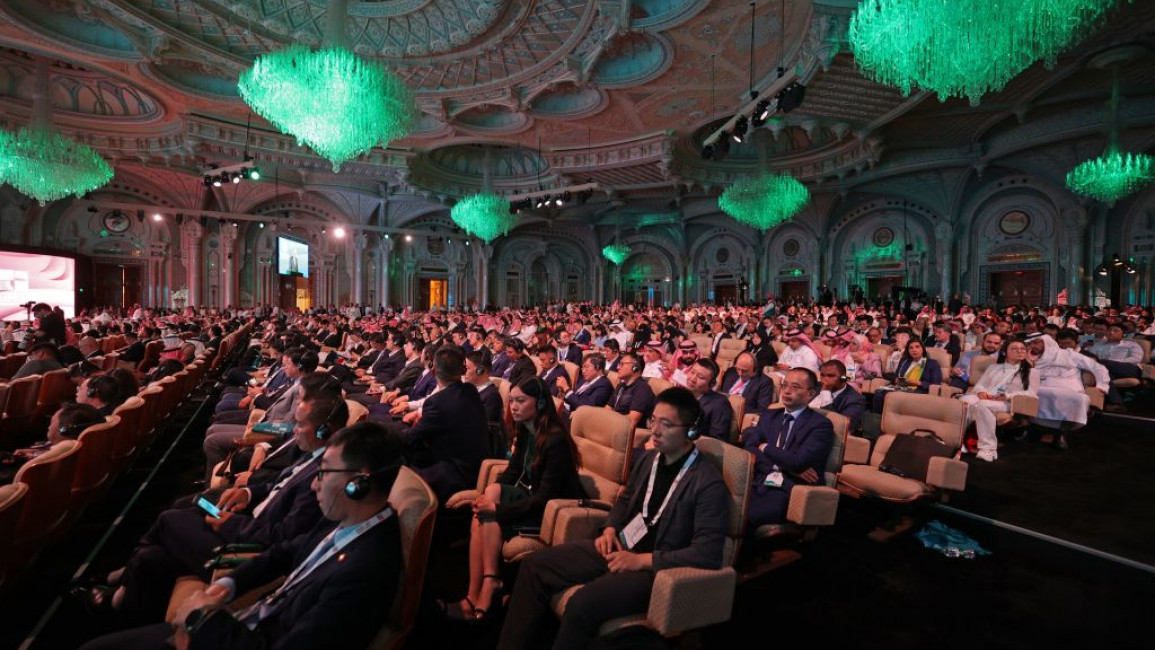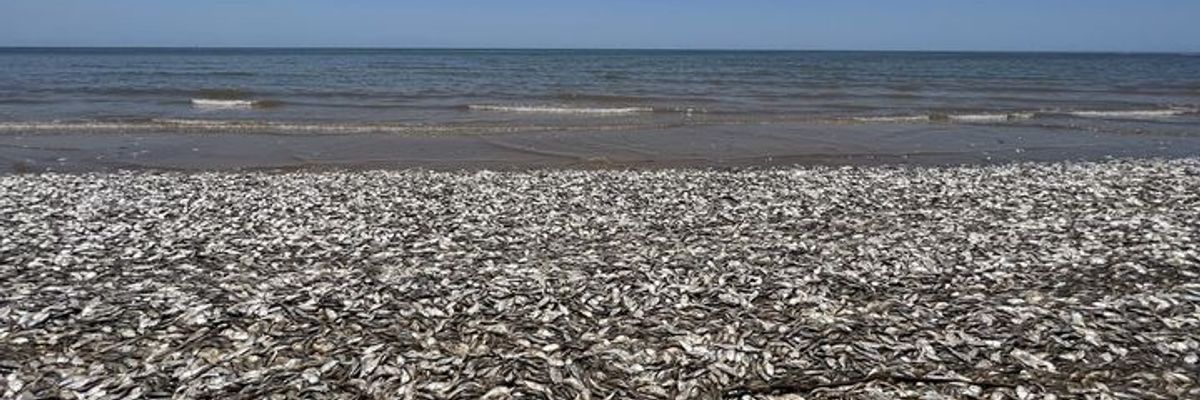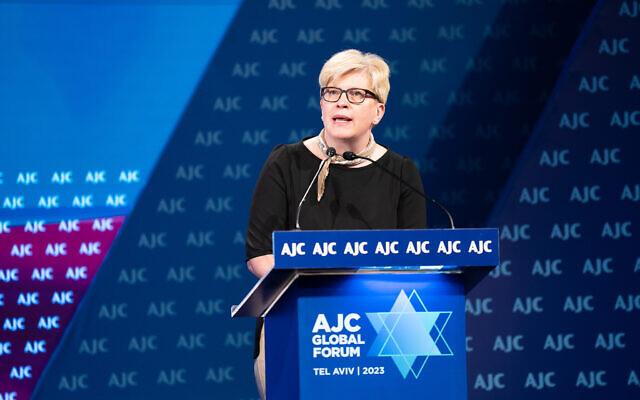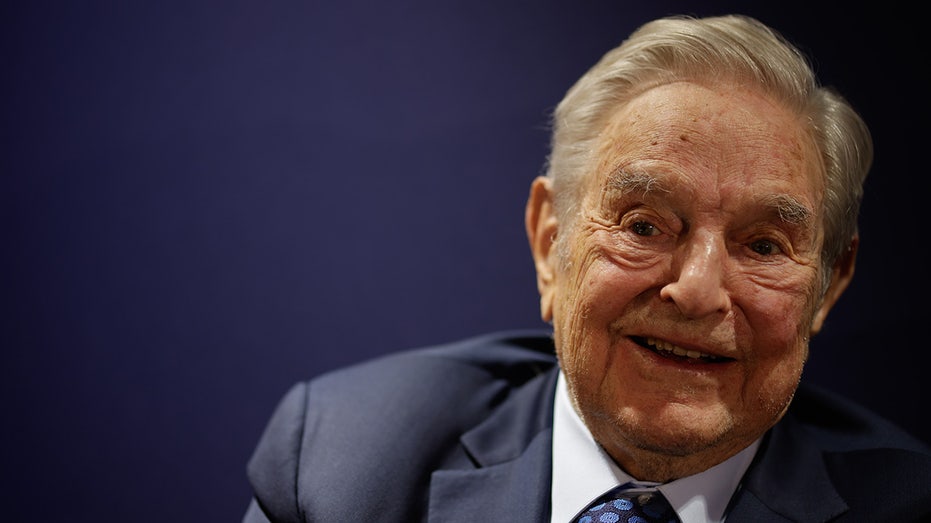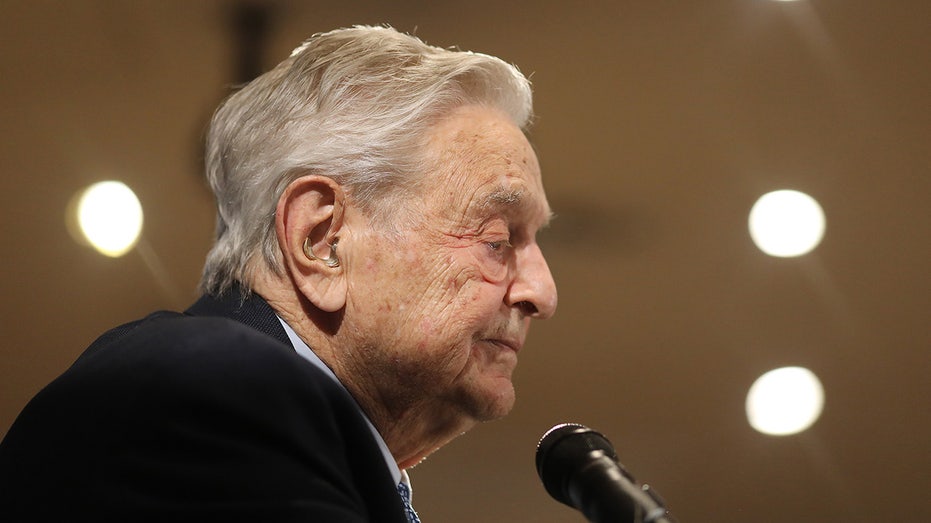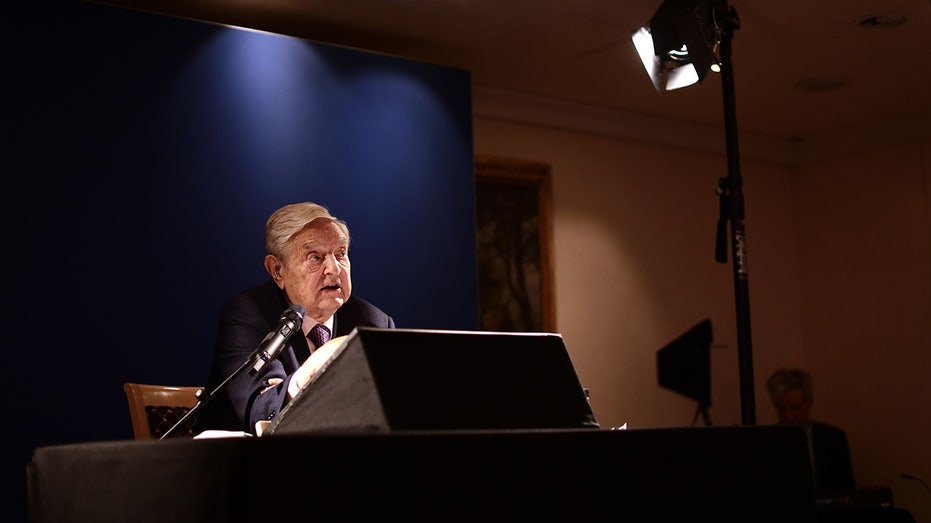Lithuanian Prime Minister Ingrida Šimonytė called Israel’s defenses “the best antidote against Iranian weapons,” in a speech in Tel Aviv Sunday, outlining security interests shared by Israel and other Western democracies in light of Russian-Iranian cooperation against Ukraine.
The remarks, delivered to an American Jewish Committee gathering, featured no mentions of the Israeli-Palestinian conflict or alleged Israeli wrongdoing, despite severe criticism of Israeli actions from the European Union, which Lithuania is a member of. But Šimonytė also did not mention Lithuanians’ role in persecuting Jews during the Holocaust, instead describing the Nazi’s systemic killing machine as a horror visited equally on Jews and Gentiles alike.
Šimonytė told the hundreds of Jewish leaders and activists at the Global Forum summit about certain aspects of the centuries-long presence of Jews in Lithuania, which she described in positive terms and as a bridge that unites Lithuanian-Israeli bilateral relations.
In a speech following Šimonytė, Greek lawmaker Margaritis Schinas, one of the European Commission’s eight vice presidents, also did not reference any of the Commission’s frustrations with Israel, including over the demolition of an EU-funded Palestinian school in the West Bank last month.
Both speeches underlined a well-documented split over Israel in the EU which often requires consensus for major foreign policy actions. Israel has forged warm relations with some of the bloc’s eastern member states – Hungary, Poland, Bulgaria and the Czech Republic –as well as with Greece and Cyprus, which reportedly helps block critical EU moves.
But to some, Šimonytė’s decision to paper over the widespread collaboration and murderous persecution of Jews by Lithuanians during the Holocaust, or the divisive debate this is generating in Lithuania today, also highlighted the price that sometimes comes attached to such support.
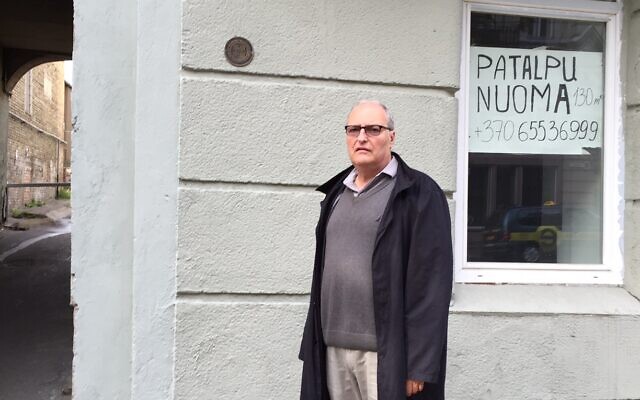
Efraim Zuroff at the Vilnius home of his uncle and namesake, Efraim Zar, who was murdered in the Holocaust, in this undated photo. (Ruta Vanagaite)
“It’s absolutely pathetic,” Efraim Zuroff, the Eastern Europe director of the Simon Wiesenthal Center, said of Šimonytė’s speech, which earned thunderous applause from the largely American audience.
He lambasted specifically her statement that the Holocaust was “an indescribable trauma upon Lithuania, leaving lasting scars that persist even to this day.” More than 90% of the country’s Jewry was murdered during the Holocaust, including at the hands of Lithuanians.
It “says that Lithuanians are suffering from the Holocaust, and then fails to mention that they’re the ones who carried out the Holocaust,” Zuroff told The Times of Israel.
A historian who specializes in the Holocaust in Lithuania, Zuroff has long criticized what he regards as Holocaust distortion there.
Zuroff criticized the AJC for hosting Šimonytė’s speech and not pushing back on what he said was her dishonesty about Lithuania’s Holocaust-era record.
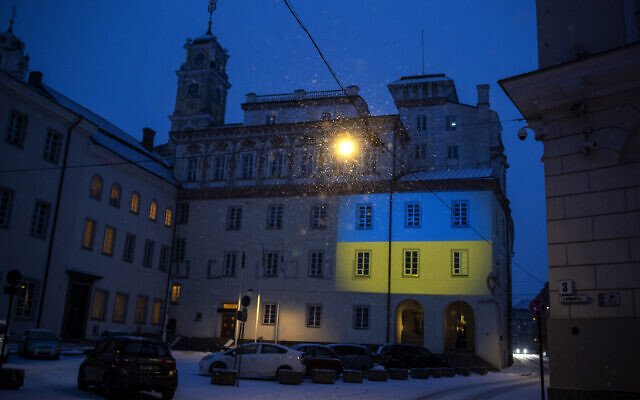
The Vilnius University building is illuminated with the colors of Ukraine to mark the one-year anniversary of Russia’s invasion of the country, in Vilnius, Lithuania, February 24, 2023. (AP Photo/Mindaugas Kulbis)
According to Israel’s Yad Vashem Holocaust Memorial and Museum, Lithuania was one of the few Nazi-occupied countries where locals showed “enthusiasm” for collaboration with Germany. Even when this enthusiasm “subsided … hostility towards Jews and denunciation persisted,” the museum says.
Zuroff’s criticism is part of a broader debate in Israel and the Jewish World about the tendency in Eastern Europe to ignore Nazi collaboration and the differences in how World War II impacted Jews and their non-Jewish neighbors.
In Poland, legislation from 2018 that made it illegal to blame the Polish nation for Nazi crimes sparked an uproar and a diplomatic crisis with Israel that has only begun to be resolved recently.
The Hungarian-Israeli alliance has also been the target of criticism amid controversies over what critics of the government consider an attempt to whitewash Holocaust-era complicity, though the Hungarian government disputes this.
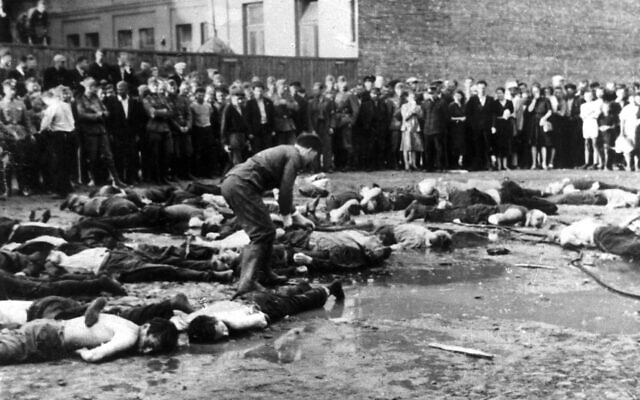
In Kaunas, Lithuania, more than 50 Jews were murdered by Lithuanian nationalists on the eve of the German take-over of the city, June 1941 (public domain)
Multiple Nazi collaborators are widely celebrated as heroes in Lithuania because they opposed the Soviet Union, which ended up dominating Lithuania’s territory until 1990.
Glossing over those facts, Šimonytė declared Lithuania “can be rightfully called the untarnished diamond of Europe’s Jewish cultural heritage, forged over a generation by the Jewish community in Lithuania.”
A spokesperson for AJC declined to comment on Zuroff’s criticism. The Lithuanian embassy in Israel did not immediately reply to a request for its response to Zuroff’s remarks.
The issues she sidestepped have left a mark on Israel’s bilateral ties with Lithuania.
In 2019, then-Israel’s ambassador to the Baltic nation Yosef Levy told a Lithuanian audience, “The most patriotic thing you can do is teach history honestly,” because: “People have to know what happened here. It’s an open wound.”
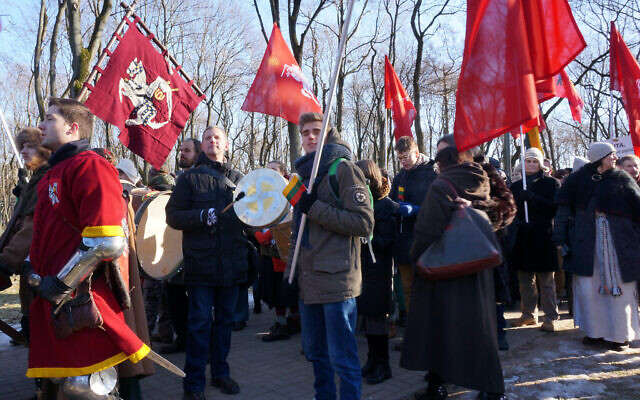
A demonstrator beats a swastika-emblazoned drum at a far-right march in Kaunas, Lithuania on February 16, 2015. (Canaan Lidor)
Instead, Šimonytė spoke at length about Russia, joining voices from Ukraine and elsewhere who have urged Israel to shed what remains of its neutrality and supply Kyiv with air defenses, especially against drones allegedly produced and supplied by Iran.
Russia “gets access to Iran’s weapon supply and Iran at the same time is advancing its nuclear program and inflaming regional instability,” she said. She accused Moscow of sending drone parts to seven companies in Iran producing the UAVS, saying it showed the need for “a wider solution to ban export of drone components to Iran.”
But she added that “we all know that Israel’s defensive systems remain the best antidote against Iranian weapons.”
Ukraine and others have long pushed Israel to lend the hard-earned fruits of its experiences fighting Iranian drones, missiles and armaments to Ukraine as it battles the Russian invasion, including the Iron Dome air defense battery. Israel has largely refused, ana analysts have noted its interest in keeping an open line with Moscow, which controls the skies over Syria.
Much of Šimonytė’s speech was about Russia’s invasion of Ukraine last year, which sparked fears in Lithuania that an increasingly belligerent Russia could threaten their country’s sovereignty. She suggested that Israel, which has attempted to avoid worsening its ties with Russia over the Ukraine war, belongs firmly to the anti-Russian coalition and should share from its experience to prosecute Russian war crimes.
Despite their geographic distance, Israel and Lithuania “stand together as nations that have overcome great obstacles to secure our right [place] in the world,” Šimonytė said, adding that Israelis “have built a thriving nation that serves as a beacon of democracy and progress in the region.”
Israel’s “contributions to science, technology and culture are remarkable, and continue to make strides that benefit humanity as a whole,” she said.
Other dignitaries attending the four-day Global Forum, which began Sunday, include Austrian Federal Minister Karoline Edtstadler and US Ambassador Tom Nides. Prime Minister Benjamin Netanyahu thanked AJC for hosting its event in Israel to celebrate the 75th anniversary of its establishment.
Casting a shadow over the event was the government’s plans to shuffle the judiciary, which has roiled the country with months of massive demonstrations and heated political fighting.
Speaking at the event Sunday, President Isaac Herzog, who is hosting compromise talks between the government and opposition, described the crisis as an opportunity to “air out our differences” and a testament to the strength of Israeli democracy.
Critics of the overhaul say it risks compromising the judiciary’s independence. Supporters of the plan say it merely imposes necessary checks and balances on the judiciary to ensure democratic principles of government.

People attend a protest against the planned judicial overhaul in Tel Aviv, on June 3, 2023 (Avshalom Sassoni/Flash90)
Opposition Leader Yair Lapid warned in a Q&A with AJC chief Ted Deutch, a former Democrat congressman, that “having a democracy is existential for Israel. If we will not be a democracy, we will not be.”
In his speech, Deutch urged the Global Forum participants to consider Israel’s achievements.
“Think about Israel at 75 and the success that she has become. We’re standing here in Tel Aviv, the center in the world for innovation and technology, the kinds of technology that’s literally changing the way the world does business and how we confront the problems that the world faces,” Deutch said.
